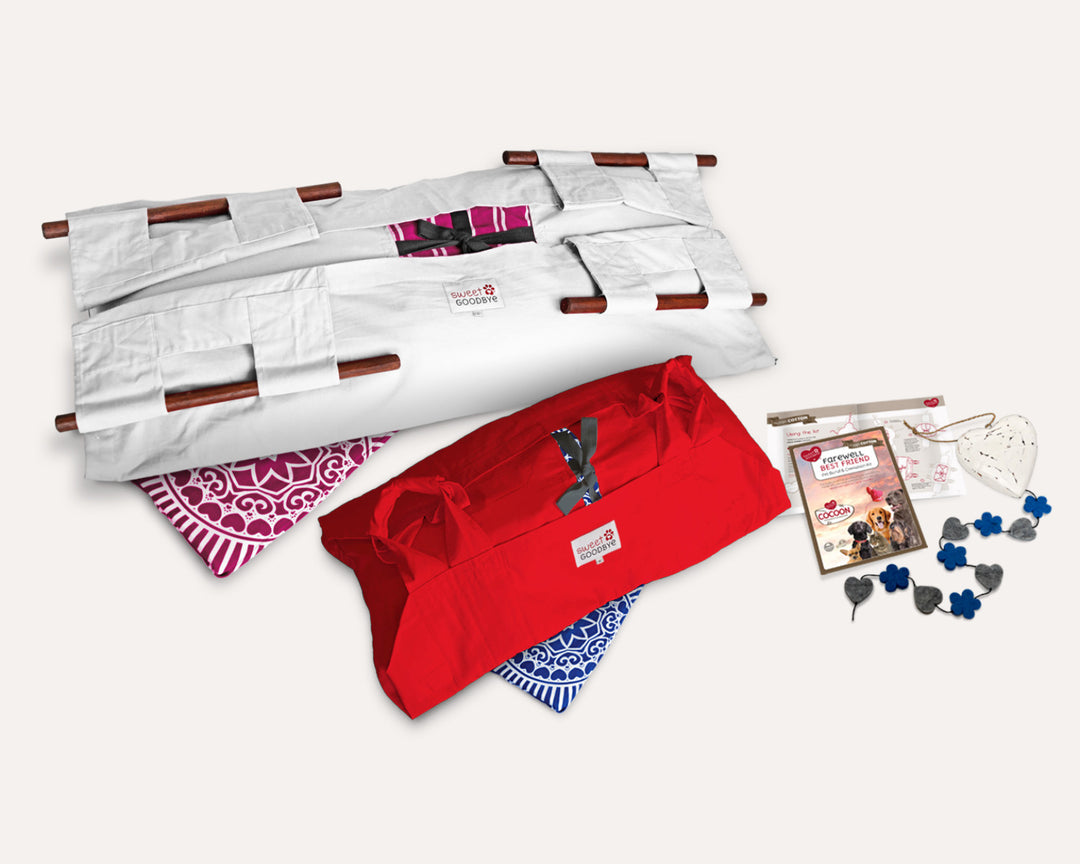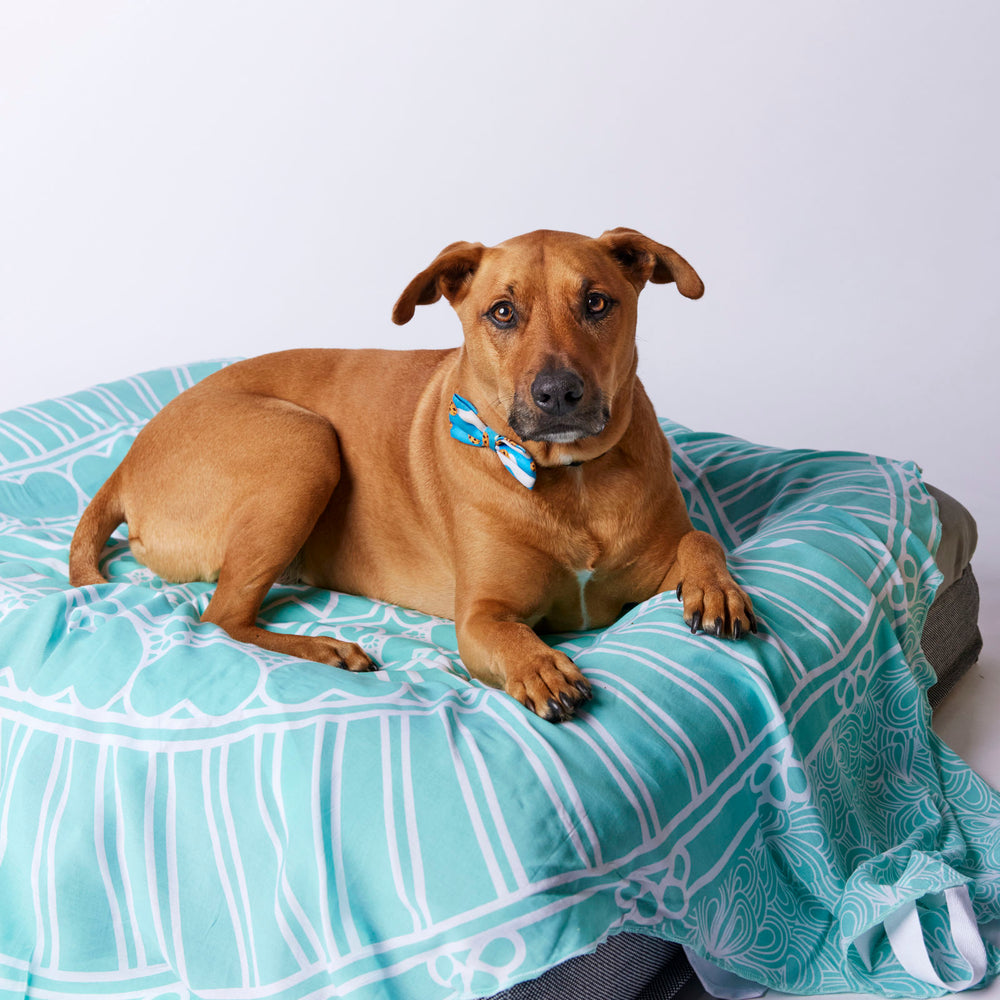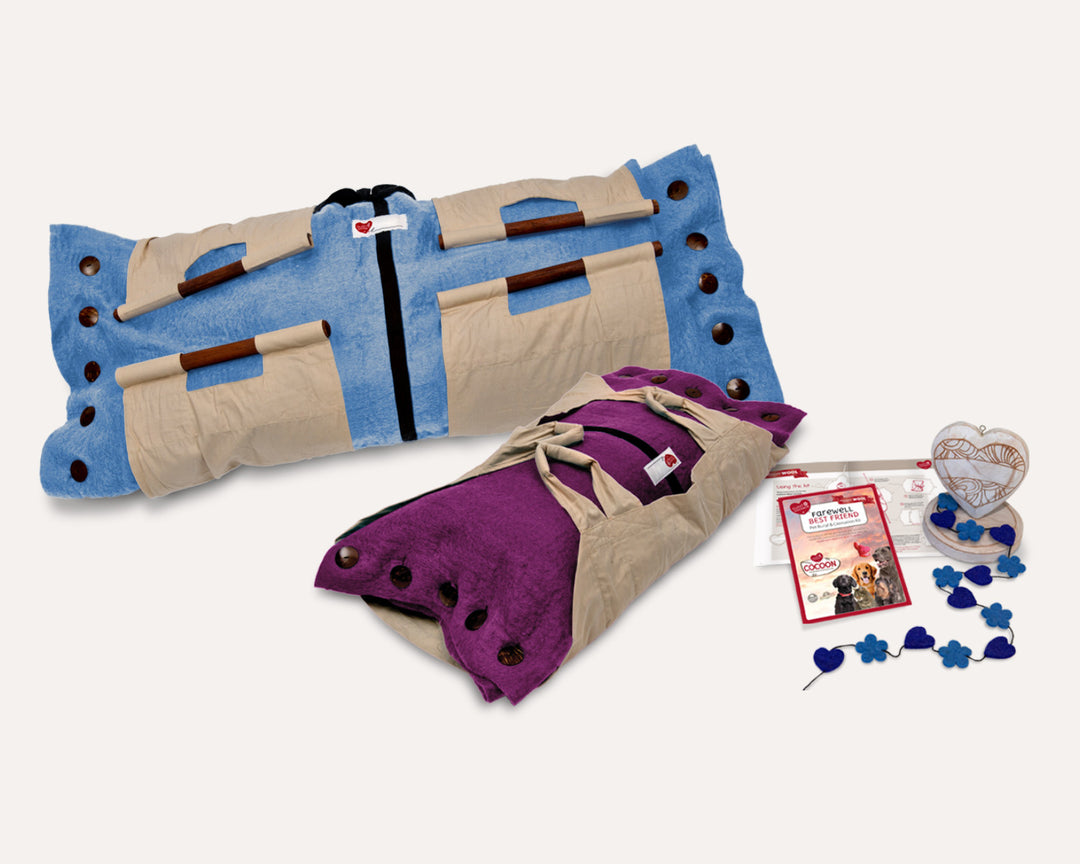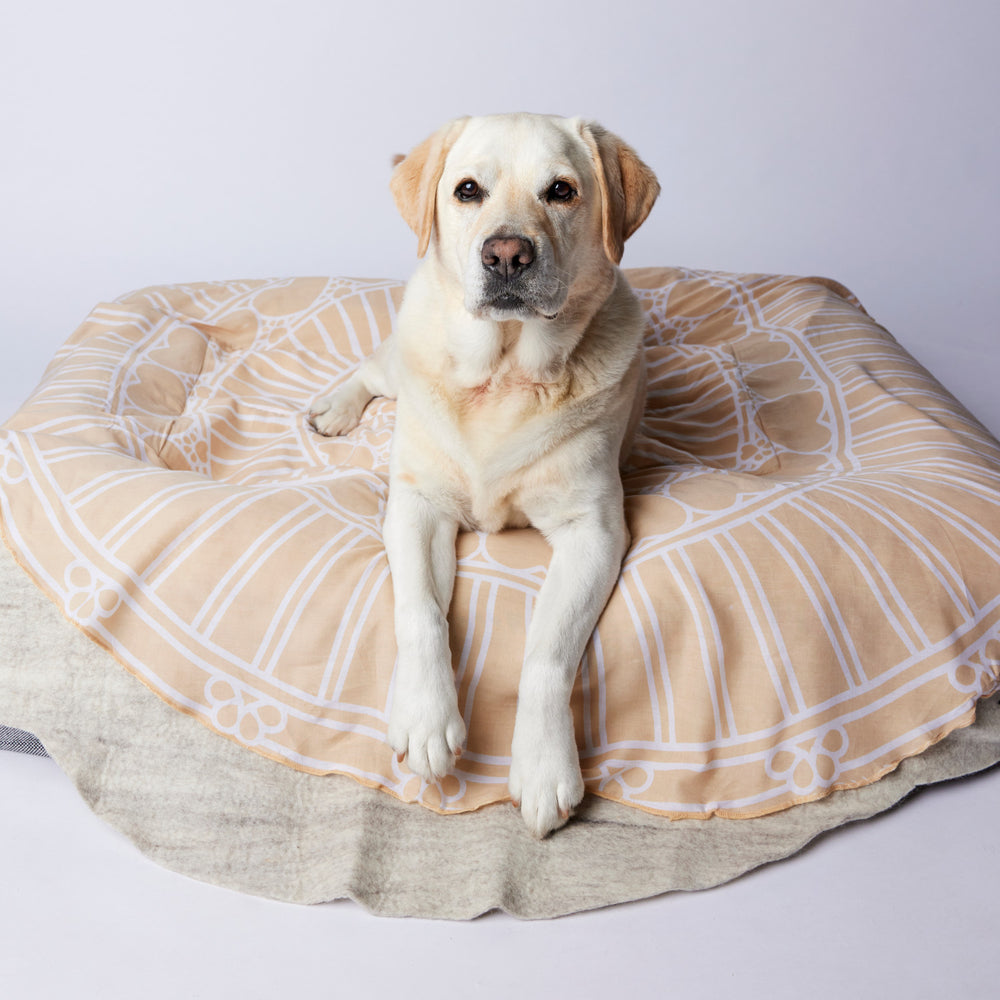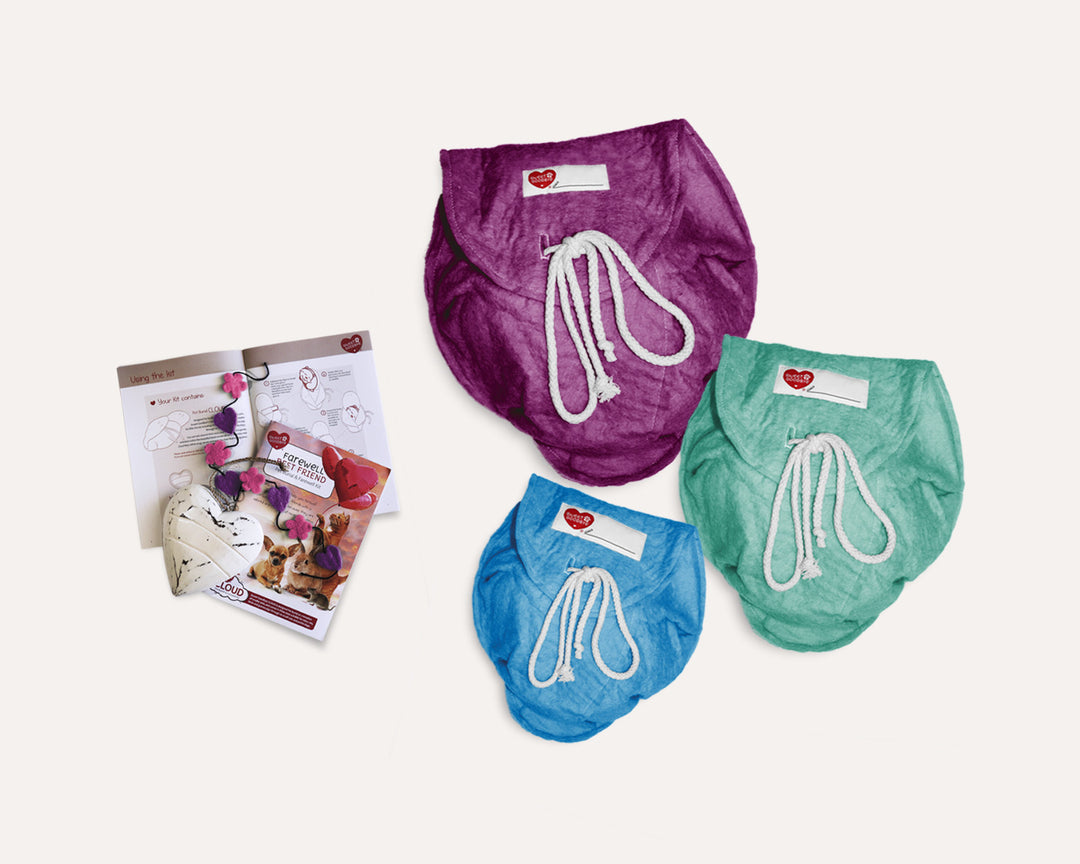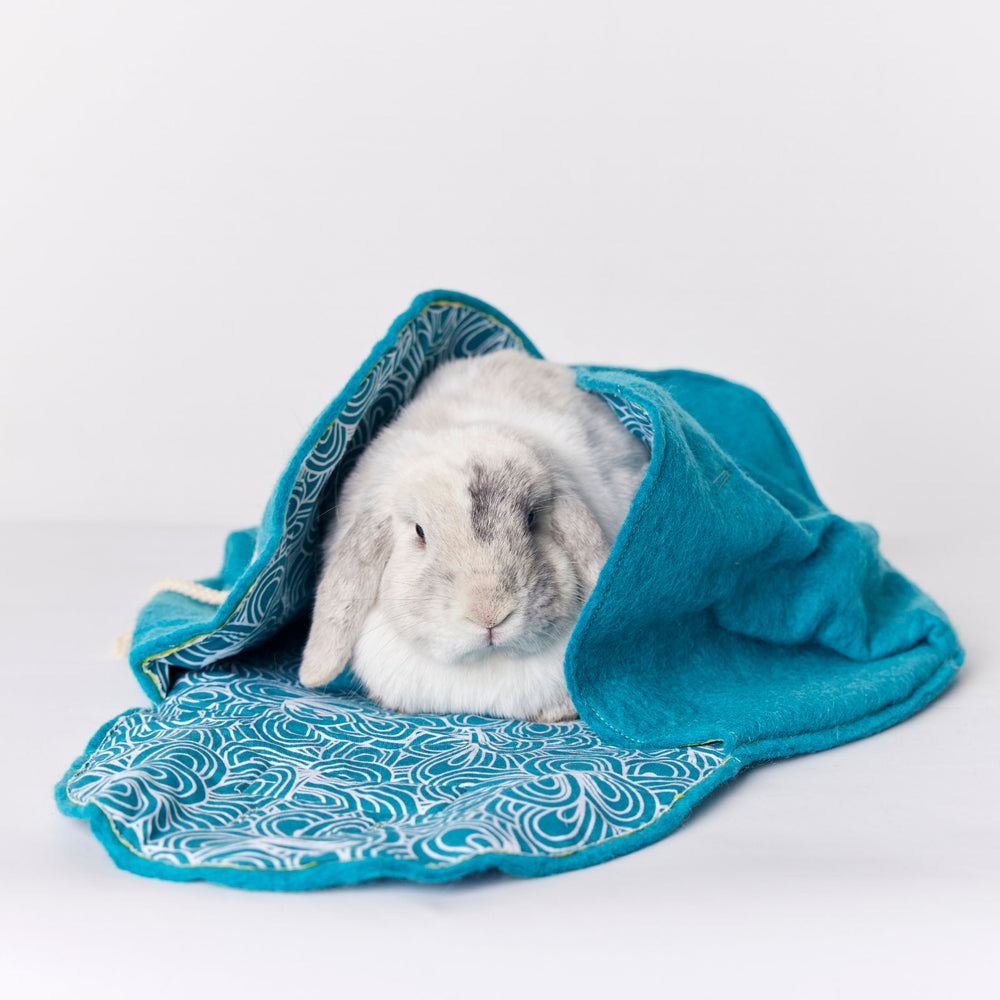10 Practical Weight Loss Tips for Senior Cats

Just like humans, when our feline friends age, they can become less active and their metabolism slows. This means it’s even more important to help our pets maintain a healthy weight, and stay as happy and healthy as possible.
Carrying too many extra kilos, if not monitored, can lead to health troubles for your senior cat - like diabetes, arthritis, and heart problems.
If your cat's ribs and spine are difficult to feel or you notice a sagging belly, it may be time to chat to your vet and put a weight loss plan in place.
We’ve included 10 simple tips to help your senior cat lose weight:
Set a Realistic Goal
It’s always best to speak to your vet before starting your cat’s weight loss journey. A vet can help you set a healthy weight goal and pace, as well as give advice on proper diet and exercise that is most appropriate to your cat’s breed, build, and lifestyle. Remember that weight loss should be gradual and every cat is different - patience is key.
Increase Protein Intake
Senior cats need a diet rich in protein to help with lean muscle mass, energy and good health. Look for cat foods that are high in animal-based proteins (chicken, fish, kangaroo) and try to steer clear of ingredients that are higher in carbs like corn, wheat, and soy.
When switching foods, do so in stages, particularly if your senior cat is known to have stomach issues or be a picky eater. Start by slowly mixing in the new food with the old food until your cat is familiar with the new taste and it isn't causing any stomach upset.
Avoid High-Fibre Foods
High-fibre foods can have higher energy density. While some recommend feeding cats a high-fibre diet to help weight loss (so always chat to a professional first!), too much of it can make your cat feel full without providing them with necessary nutrients they need.
A balanced diet and grain-free options rich in protein and low in carbohydrates can be ideal for weight loss, and has the added bonus of supporting eye, heart, kidney and joint health.
Look at your cat’s current portion sizes
Cutting down the portion size of your senior cat’s meals is an easy early step to help with weight loss. Ideally, your vet will give guidance on how much food they should be eating.
Slow and steady shrinking of portions is best to avoid shocking their system and distressing your pet. For example, you could start by cutting their daily food intake by about 5% and monitor their weight. If there's no change, you can then reduce it by another 5% after a week or two.
Switch to healthier treats
While treats are of course an important part of a balanced diet, they can be a source of sneaky calories. Even one or two treats a few times a day can quickly add up! So that your feline friend can still get their treat fix, look for low-calorie, healthier options, like these freeze-dried meat treats.
Encourage Hydration
Staying hydrated can be so important for your senior cat’s overall health and can help with weight management. Cats can be known to mistake thirst for hunger, so they eat more when they actually need water! Help out where you can by making water easy to access and give them prompts to have a drink.
Only feed your cat in their bowl
Keeping track of portion sizes can be hard if there are a few people organising your cat’s meals and giving out treats. By sticking to only feeding your cat in the bowl, it makes it less tempting to spontaneously feed your cat, or feed them ‘people food’. It can also be a great way to start to shift your cat's thinking about meal times by knowing to always expect food in their bowl.
Keep Your Cat Active
Just like humans, exercise paired with a balanced diet can be key for weight loss. Regular, gentle exercise helps burn calories and keeps their joints healthy.
But we know that it can be difficult to keep senior cats active, particularly if their body or mind is changing as they age. If your senior cat has tired of chasing feathers or string, try tricks like moving the food bowl each night so they need to hunt and ‘work’ for their food. Food dispensing tools that need movement can also be a fun way of naturally incorporating movement into their day.
Regularly Weigh Your Cat
See how your cat is going against their goals by weighing them regularly, either at home or at your vet's office. Keeping an eye on their weight will help you stay on track and make any adjustments to their diet or activity level as you go.
Stick to a healthy routine
Consistency is key! If you start to see that your cat is losing weight, don't be tempted to start to go back to their typical diet or exercise regime. Keep it up! And even once they reach their goals, sticking with these healthier habits can be a great way to look after your senior cat’s general health and wellbeing.
We all want to age gracefully and continue to look and feel our best in our twilight years. Helping your ageing feline friend maintain a healthy weight doesn’t just keep your senior pet looking good, it also ensures they can have as many happy and healthy years as possible by your side.




